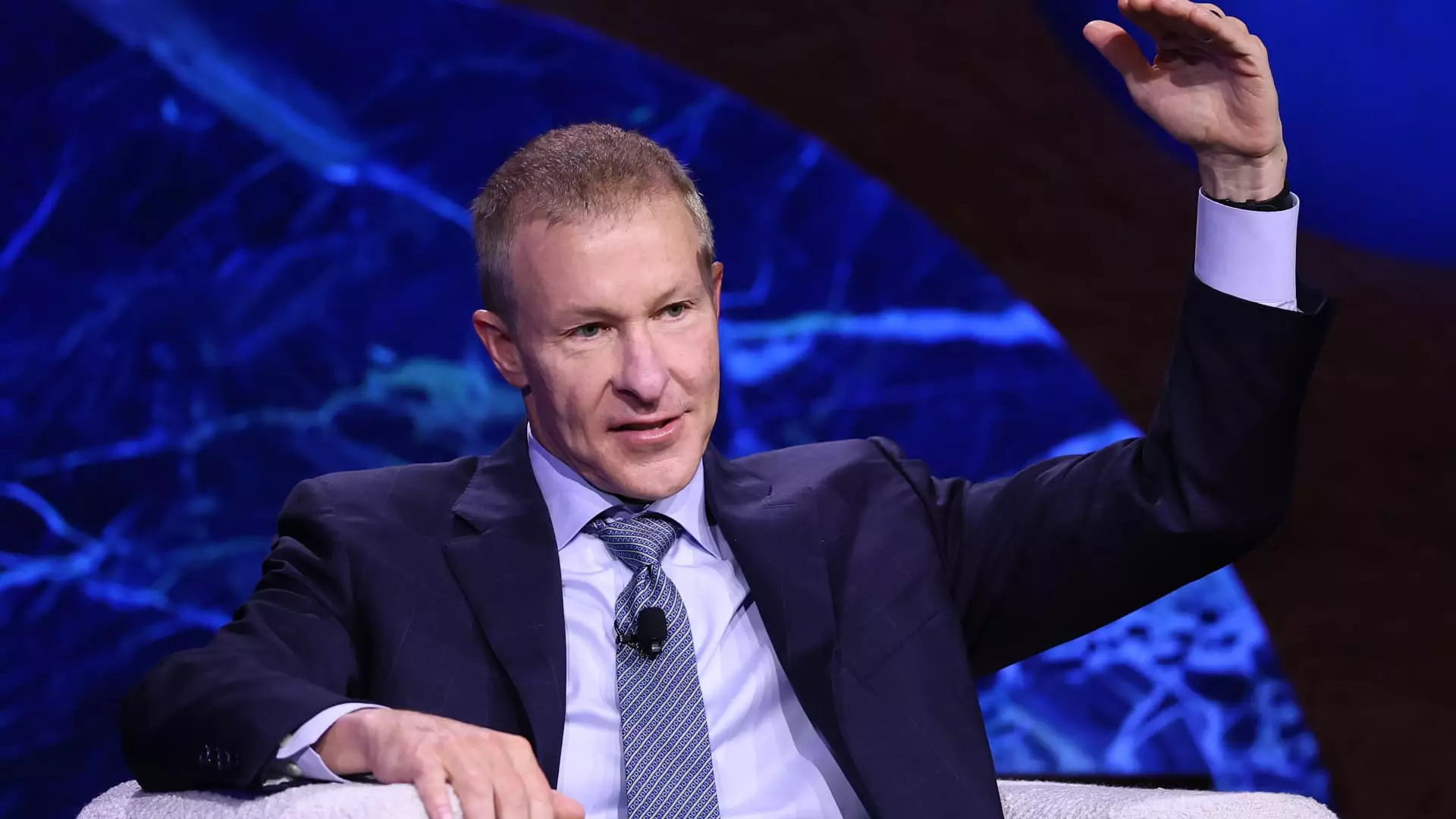The airline industry is currently navigating through a tumultuous landscape marked by oversupplied markets, fluctuating demand, and fierce competition. While many carriers have resorted to aggressive price cuts and cautious expansion strategies, United Airlines stands out by choosing a different trajectory—one rooted in strategic growth, technological innovation, and a relentless focus on customer experience. This divergence highlights a crucial insight: in a highly commoditized industry, building brand loyalty and investing in product differentiation can be the keys to long-term resilience and success.
The recent decline in fares driven by excess capacity has forced a rethink among industry leaders. Airlines that once believed demand would be elastic enough to sustain aggressive expansion now face the reality that price wars erode profitability. United’s approach, however, reflects a confidence rooted in understanding customer preferences and delivering value beyond just low prices. By investing in onboard amenities like Bluetooth connectivity, seat-back screens, and a robust mobile app, United differentiates itself from the commodity mindset dominant in the industry. This focus on quality and user experience underscores a shift from price sensitivity to brand loyalty, which can translate into higher profitability even during downturns.
The Power of Customer Loyalty and Premium Offerings
Scott Kirby’s assertion that “if you’re a brand loyal airline, you’re resilient” underscores a fundamental truth: loyalty creates a buffer against economic volatility. His optimism about United’s fourth-quarter results indicates that the airline’s strategic investments are beginning to pay dividends. In an era where many carriers are trimming capacity—U.S. domestic expansion averages just shy of 2%—United’s plan to grow by nearly 6% in 2025 signals a bold belief in the value of maintaining and growing market share through enhanced service offerings.
Passenger preferences are evolving beyond traditional comfort, as travelers are increasingly willing to pay a premium for spacious seats, higher-quality cabins, and personalized services. This phenomenon is evident in Delta’s strategy, which relies heavily on outside-of-main-cabin revenue streams like loyalty programs and premium seats. The airline’s record number of premium seats for next year demonstrates a shift toward monetizing customer loyalty and premium offerings in an environment where consumers prioritize experience over minimal costs. The industry’s attempt to upscale cabins shows an understanding that in a crowded market, differentiation through superior product offerings fosters brand advocacy.
Reevaluating the Discount Model
Kirby’s critique of the ultra-discount model, exemplified by Spirit Airlines, reflects a growing industry realization: commoditized pricing cannot sustain long-term health. Spirit’s repeated filings for bankruptcy highlight the limitations of a race to the bottom on fares. The mathematics are straightforward—cutting costs to offer the lowest fares often sacrifices service quality, which ultimately erodes customer loyalty. United’s stance that the ultra-low-cost model isn’t working reinforces the importance of investing in the overall passenger experience.
This philosophy champions a rebirth of the traditional carrier model, where innovation and service quality serve as competitive advantages. United’s ongoing retrofit of its fleet cabins with modern amenities is illustrative of this shift. Passengers are increasingly choosing airlines that offer comfort, reliability, and connectivity, even if it entails a higher fare. The focus on modern interiors isn’t just about aesthetics; it’s about creating an environment where consumers feel valued and willing to invest more for added comfort and amenities.
The Road Ahead: Innovation and Experience as The New Norm
As the airline industry braces for future economic recoveries, the real differentiator will lie in how well carriers can adapt to the changing preferences of a more discerning traveler. United’s strategy is a testament to the importance of not only maintaining capacity but also enhancing product quality to elevate the passenger experience. By leveraging technology, modernizing cabins, and fostering brand loyalty, United is positioning itself to thrive in a competitive and volatile environment.
The renewed emphasis on premium services and personalized experiences—highlighted by Delta’s focus on outside-of-main-cabin revenue—points toward a future where customer loyalty and value-added offerings will be paramount. It’s a clear signal that the airline industry is moving beyond a mere race on prices, instead transforming into a battlefield of brands that deliver superior experiences. This evolution will ultimately redefine what it means to be a successful airline in the coming years, emphasizing innovation, quality, and customer engagement as the true engines of growth.


Leave a Reply